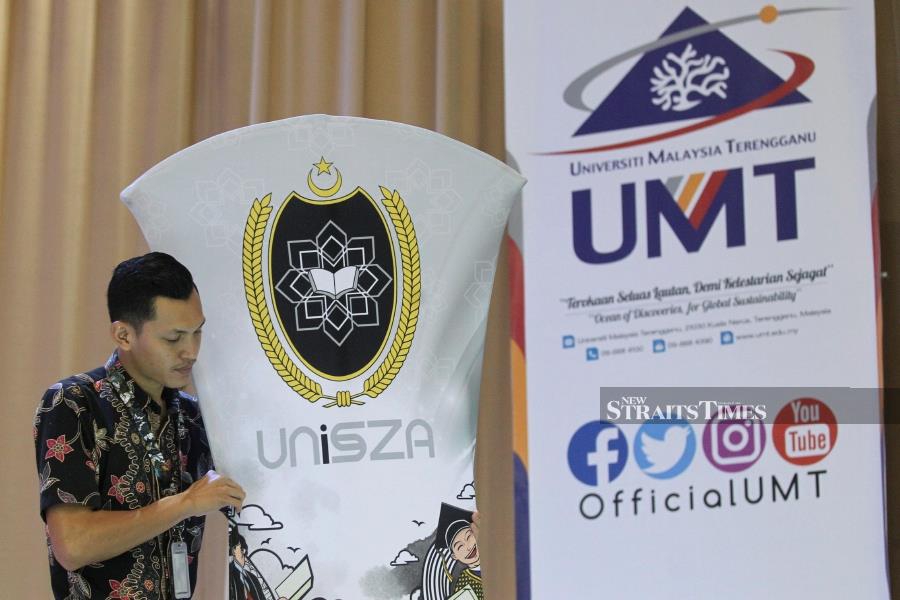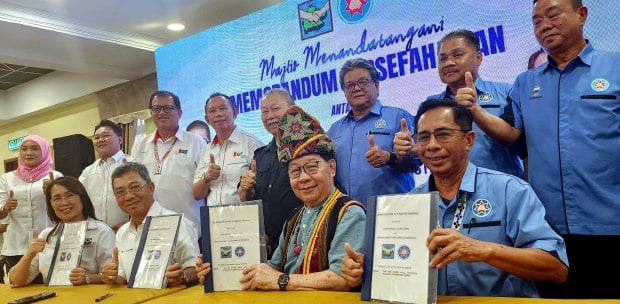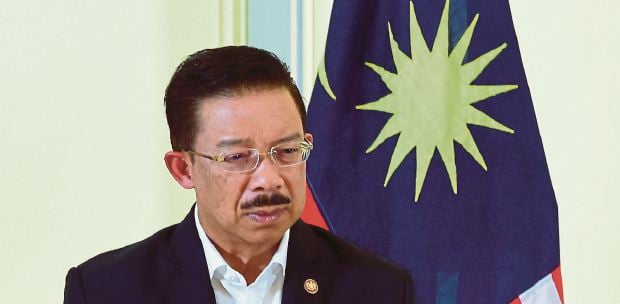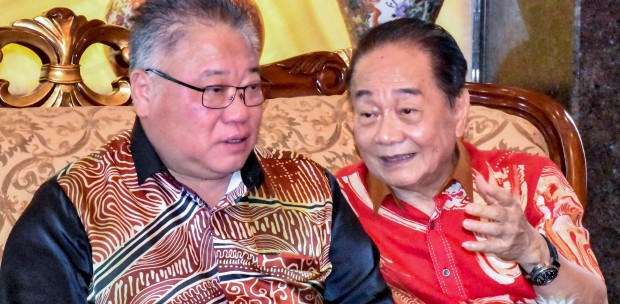KUALA TERENGGANU: The fishing community around Universiti Malaysia Terengganu (UMT) is not pleased with plans to merge it with Universiti Sultan Zainal Abidin (UniSZA).
This is because of their affinity with UMT after being included in various research and programmes the institute of higher learning has conducted since its days as University Pertanian Malaysia in 1979.
Veteran fisherman Alias Embong, 71, from Kampung Tanjung Gelam, said he had lost count of UMT’s researchers and staff he had met over the years.
“I remember once a team of Japanese man, a European and a local man who borrowed a fisherman’s boat to take mud samples in the mangrove where UMT now stands. That was way back in 1979,” he said, adding that from then on students and lecturers regularly met the fishing community while conducting their research.
“I am not a learned man. I studied until Standard Six before becoming a fisherman. However, I believe that we have a lot to share with UMT’s lecturers and students.
“As much as we don’t know about what they study in UMT, the university students and lecturers also don’t know what we face every day when we go out to sea,” he said.
Another fisherman Ismail Omar, 69, from Kampung Gong Datok, said he regards UMT as the fishermen’s university.
“There are lots of things that we want done to help the fishermen community and not many government agencies are willing to hear us out.
“Although voicing out our ideas to UMT researchers and lecturers not always result in the ideas being implemented, at least we know that they understand what we want to convey because they study the sea and fishes, the same stuff that we deal with every day,” he said.
Ismail commended UMT lecturers and researchers who were committed to get to know the problems faced by fishermen.
“Instead of sitting in their air-conditioned offices, the researchers came to us and even went out to sea with us, experiencing first-hand what we have to go through to earn a living,” he said.
One of the UMT lecturers with such dedication is Dr Mohd Fazrul Hisam Abd Aziz of the Fishery and Food Science faculty.
He said the close relationship he has with the fishermen was built over the years, since he first came to UMT as a diploma student.
“They are no longer shy to voice their views to me as I’ve been to sea with them on numerous occasions, spending a whole night catching fish and coming back at dawn.
“We don’t often tell them all the research that we do to help them improve their livelihood but they understand that we are with them in wanting to preserve the nation’s marine resources,” he said.
Fazrul is currently researching ways to help curb the destruction of fishery resources due to the encroachment of trawlers in coastal areas.
“The research is a collaboration between UMT and Prince Songkla University, Thailand. We obtained very encouraging results and will publish the research soon,” he said.






